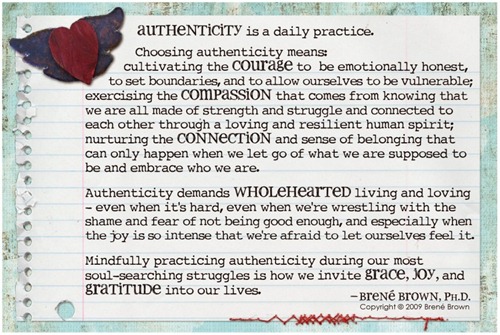Relationship 101: Women & Love
In the previous post, I wrote about the most important thing that men need, which is respect. For them, respect means love. If they’re angry or they walk away from the conversation out of the sudden, most probably that’s because they don’t feel respected by the wives.
Now… Moving on to the women’s issues… What’s the most important thing that women need…? *drumroll* EXACTLY, yes. Thank you! 😛
The answer is of course love. To feel loved and cared for. And let me tell you guys, women do need this all the time. They need assurance. They want emotional security. They don’t want to be ignored. It doesn’t matter if you’re married for 2, 5, 10, or 40 years. Women always need to feel loved and they need to be assured by it. Never get bored of saying ‘I love you’ every day or give her rose every week (every women is different in terms of what they want), because THAT makes a lot of difference.
A lot of men say: “I show my love to my wife through my attitude or approach. I don’t need to say that in words!” Seriously, that doesn’t help at all. You need to express your love according to her dictionary, not yours. It may not have any meaning to you, but it does for many women. Affection and expression of love is what they need. That’s how most of them measure the relationship. It makes them happy. So be realistic.
A woman may complain to her husband, “You don’t love your family!” or “You don’t care about us!” while the husband has worked so hard to make sure the financial needs of her and the children are met. Well, the thing is for women, emotional closeness is more important than materials and money (I don’t speak for materialistic women because I’m not one. But I do think at some point in time they actually need more love rather than money). Emotional closeness can be in the form of having dinner just the two of you, without the children. Or basically just spending time together (while I also think the men and women need to have their “boys time” or “girls time” respectively with their own friends… but that’s another issue).
One important thing that ALL men are blind about is how to deal with women who want to “curhat” or vent out, either because they have problems or they just want to complain LOL. Most men just jump straight away into “how to solve it” (like in the company: you have problems, solve it right away). But this is not a company! This is a relationship with a complicated creature called woman! In order to deal with women, you have to listen to them and make them feel good and okay. They actually don’t need any solutions (unless they ask!). They just want you to listen to them and be there when they feel down. Hug them and that will make them feel so much better.
So for us, the formula is:
sharing = listening = love
As simple as that! Hahaha. And this is actually true. I’ve experienced it before. When my boyfriend knew how to deal with me when I had problems, that’s when I felt he understood and loved me. Even if he’s not romantic, when that’s fulfilled, I was happy. Compared that to a guy who’s all about romance and sweet words but when it comes to sharing, he doesn’t know what to do and gets panic. I guarantee you that the woman will complain and ask why you don’t understand her and so on… hehehe. I’ve been in both situations hahaha.
Source: @alissawahid‘s tweets, which were actually based on a book titled For Men Only by Shaunti Feldhahn and Jeff Feldhahn. Her tweets were very long (it’s called kultweet = kuliah tweet = tweet lecture?), so I put them together into a single post that can be easily understood (and add my own interpretation or opinion of course hehe).
